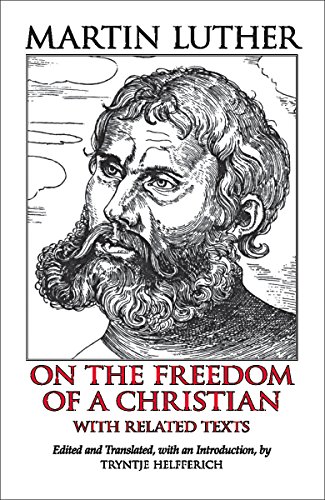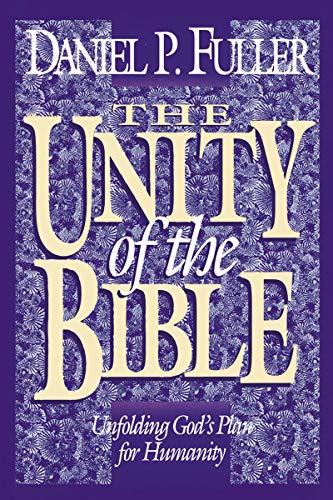Quotes about Law-Old_Covenant
While the Law defines righteousness, only grace delivers it. The Law was never intended to be a means of obtaining grace; it was given to demonstrate to men that grace was desperately needed.
The Grace of God, Part I – Ephesians 1:5-12; 2:1-10, www.bible.org, Copyright ©1996-2005, All rights reserved.
Within the covenant structure of the Old Testament the law was an expression of the election and salvation of Israel, not a precondition for it. As a response to God’s acts of deliverance and commitment to provide for His people, obedience to His commands became an outward expression of trust in His promises. Keeping the covenant stipulations is the way God’s people demonstrate that they belong to Him, not a way to become His people.
The Law’s purpose was temporary. Unlike God’s unchanging covenant with Abraham, the Mosaic one was at risk due to Israel’s persistent rebellion (Dan. 9:7-14; Hos. 6:7; 8:1). The solution God promises is not a renewal of what He gave at Sinai, but a new arrangement “not like the covenant I made with their fathers on the day I took them by the hand to bring them out of the land of Egypt, my covenant which they broke” (Jer. 31:34). That promise of something new was not lost on its intended audience.
Scott Klusendorf Cherry Picking the Commandments, www.prolifetraining.com, Used by Permission.
The Law was never intended to be a means of salvation. The Law provides no grace, mercy or forgiveness. It has no power to enable the sinner to be righteousness. Its purpose was to reveal God’s holy, pure standard and drive exposed sinners to the Savior (Gal. 3:24; Heb. 4:12-13). But to those who rely on it for salvation the Law has a ministry of death (2 Cor. 3:7).
The law of God had a definite function in the history of redemption. It still has a function, but it is not the same function as it had in Israel’s experience. The law that worked wrath in Israel’s conscience has been fully silenced and does not work, in any sense, either wrath or blessing in the Christian. The law of God can neither curse nor bless a Christian. It cannot curse a Christian because Christ has endured every curse the law threatened, and it cannot bless a Christian because even with a new heart, the child of God cannot earn the blessing that is the reward for perfect obedience. However, just as Christ endured every curse the law threatened, he also earned every blessing the law promised. If you read the law and feel guilt and despair, you do not understand justification, and if you read the law and feel good about your progress in sanctification, you are a deceived, self-righteous hypocrite.
The law…is not for the righteous. Righteousness comes by faith, not by performing works of the law. Therefore, it is wrong to make the law our “savior or judge,” as Bunyan affirmed. However, it is not wrong for us to allow the law to “instruct our minds,” as long as we filter that instruction through the New Covenant. The final, authoritative, yardstick that validates any truth or law for the child of God is the gospel.
The Old Covenant law was never given to earn salvation. God saved people back then just as He does today under the New Covenant – by faith! Even before the law we read that “Abraham believed God, and it was credited to him as righteousness” (Rom. 4:3). Therefore the Old Covenant law was given for God’s people to identify themselves as God’s people. The law was for those already saved so it may go well with them and they may know how to rightly honor God with their actions. In other words, the law didn’t save, but obedience to the law gave evidence of salvation. And when the law was violated, the whole sacrificial system was in place to make temporary atonement through blood for one’s transgression.
The stipulations of the ceremonial law are only a shadow of what was to come in Christ (Col. 2:17; cf. Heb. 10:1). The law…is in every respect a pointer to and a prophecy of the new order of life, which only Christ can inaugurate. The law declares only one day out of seven to be holy unto the Lord, the Spirit sanctifies all seven of them. The law sets apart one tribe out of the twelve to be priests, the Spirit declares that the whole congregation has to fulfill the priestly office (1 Pet. 2:9). The law demands a tenth part of His people’s possessions, the Spirit translates us to become God’s possession with all that we have. Everything belongs to Him. We are but stewards who will have to give account of all we possess.
In hermeneutical debate it is often asked whether it is right to assume that all of Moses’ law remains unless it is specifically abolished, or if it is right to assume that it is all abolished unless it is specifically stated to remain. In one sense the question is irrelevant, for it is the entire Old Covenant that is abolished (2 Cor. 3) and not just certain categories of the law. But in another sense the question is wrong, for Christ’s claim (Mt. 5:18-20) is that all of Moses is to be continually taught and observed-only, in the new form He gives it. It is all of the law that remains, but it is to be obeyed as interpreted by Christ.
But the Gordian knot is easily undone when it is understood that Jesus is to Moses what the butterfly is to the caterpillar. Moses is not struck down. Moses did not “fail” (Lk. 16:17). Nor was he “destroyed” (Mt. 5:17). Moses was “fulfilled.” In Christ, Moses reaches maturity and emerges in full bloom. Moses’ law still has relevance, but only as it comes to us from the hands of the Lord Jesus. Christians today must still read Moses, and for great profit, but when they read him they must be careful to wear their Christian lenses. Moses’ law is not simply incorporated into the New Covenant as it was revealed through Moses-it is fulfilled, advanced, and brought to completion.
Taken from “New Covenant Theology” by Tom Wells and Fred Zaspel, © 2002 New Covenant Media, Used by permission of New Covenant Media, 5317 Wye Creek Drive, Frederick, MD 21703-6938, http://www.newcovenantmedia.com/home.php.










